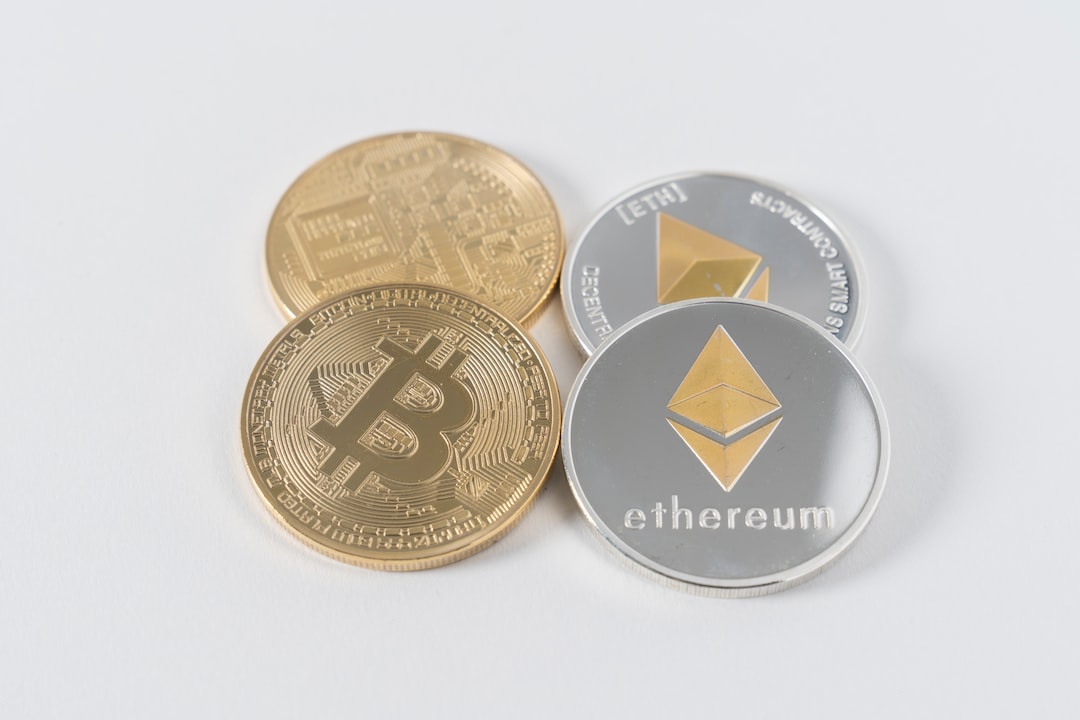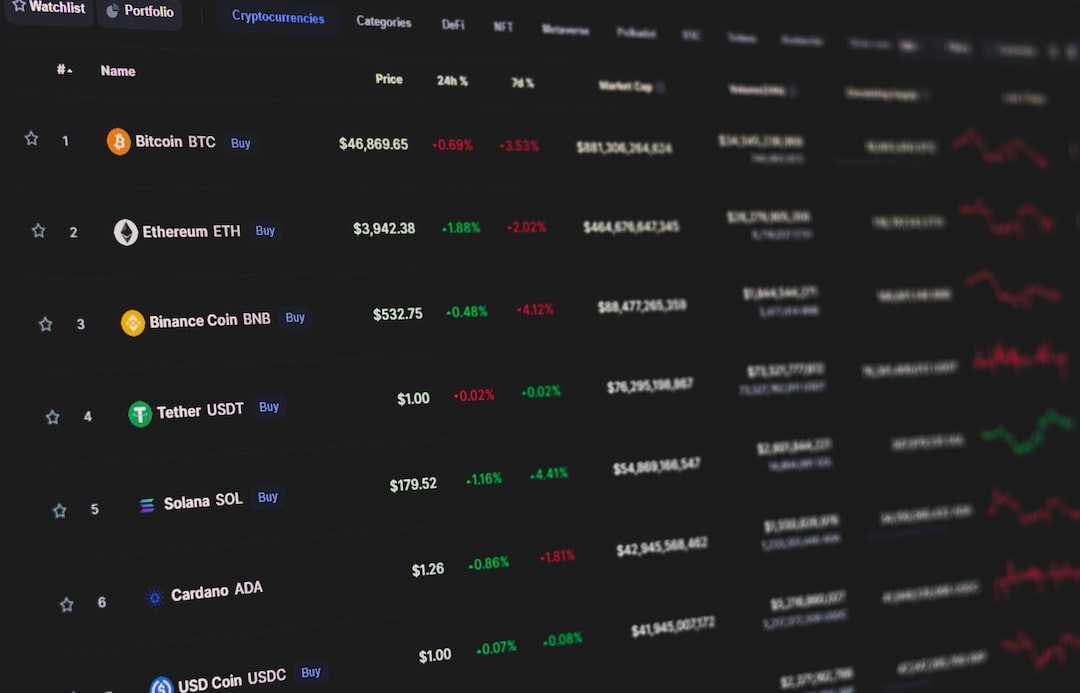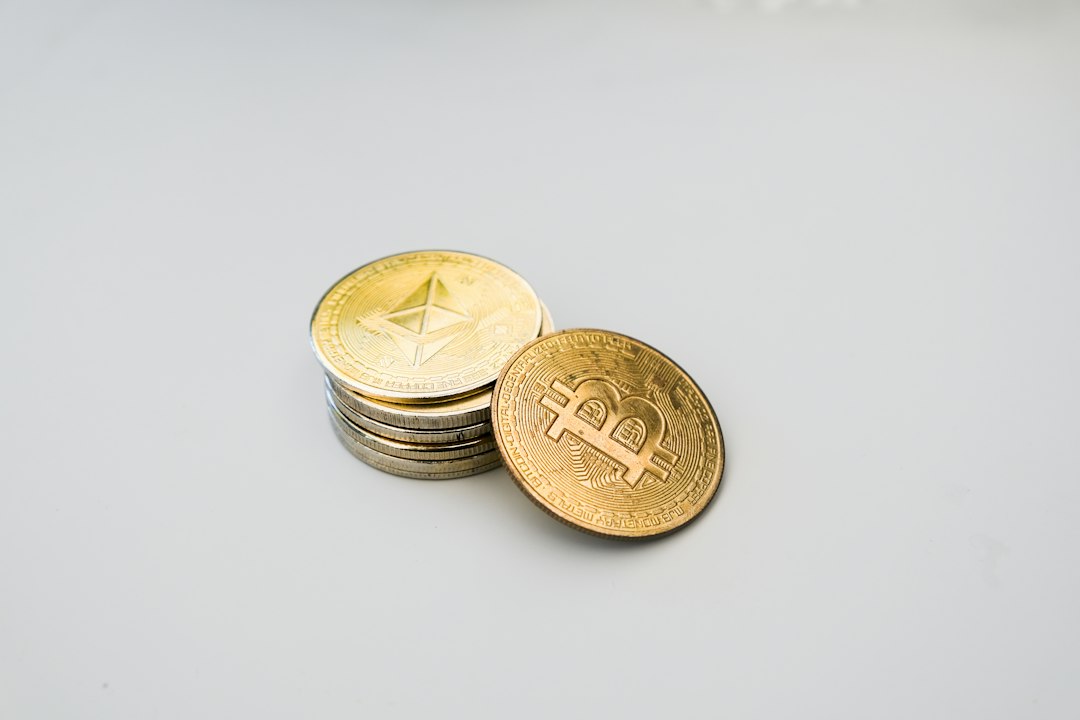William Quigley Questions PayPal’s Innovation in Stablecoin Space
The entrance of PayPal’s PYUSD token into the stablecoin market has raised concerns among industry experts. William Quigley, co-founder of Tether and a prominent figure in the stablecoin world, shares his opinion on PayPal’s move. Quigley believes that PayPal’s main motivation is to reduce costs for handling multi-currency transactions valued in trillions of dollars. However, he expresses skepticism about PayPal’s ability to innovate with its stablecoin and doubts whether the cost savings will be passed on to users.
Potential Disruption in the Stablecoin Market
Despite Tether (USDT) and USD Coin (USDC) dominating the stablecoin market, Quigley acknowledges that PayPal’s large user base could disrupt this hierarchy. He explains that creating a stablecoin like Tether’s USDT or PayPal’s PYUSD involves acquiring a basket of different currencies held in various banks worldwide. This private, multicurrency money supply operates independently of the global banking system and eliminates the need for third-party intermediaries and their fees.
Two Paths for PayPal’s Stablecoin Network
Quigley suggests two potential ways for PayPal to leverage its stablecoin network. The first is to continue charging consumers and merchants currency conversion fees while reducing their own costs, resulting in significant profit margins. Alternatively, PayPal could eliminate currency conversion fees altogether, reducing cross-border transaction costs for users. The decision they make will determine their role in the evolving stablecoin ecosystem.
The Unexpected Returns Opportunity
Quigley reflects on the unexpected financial dimension in the stablecoin market. Large stablecoin operators, holding assets like US Treasury bonds, have generated significant profits from interest rate increases. Quigley admits that he did not foresee this development during Tether’s founding, highlighting the ever-changing nature of the cryptocurrency landscape.
Conclusion: The Future of Digital Finance
William Quigley’s insights shed light on PayPal’s stablecoin ambitions and their potential impact on the stablecoin ecosystem. While PayPal aims to reduce costs, the broader consequences for the financial industry are yet to be seen. As fintech and blockchain technology continue to merge, the actions of industry veterans like Quigley and financial giants like PayPal will shape the future of digital finance.
Hot Take: Is PayPal’s Stablecoin a Game-Changer or a Cost-Cutting Tool?
The entrance of PayPal into the stablecoin market has raised questions about its potential for innovation and disruption. William Quigley, co-founder of Tether, believes that PayPal’s primary goal is to reduce costs rather than drive innovation. While their large user base gives them the potential to disrupt the stablecoin market, it remains uncertain whether they will pass on cost savings to users. The decision to continue charging currency conversion fees or eliminate them altogether will determine PayPal’s role in the evolving stablecoin ecosystem. As the future of digital finance unfolds, the actions of industry veterans and financial giants like PayPal will play a crucial role in shaping it.





 By
By
 By
By

 By
By
 By
By